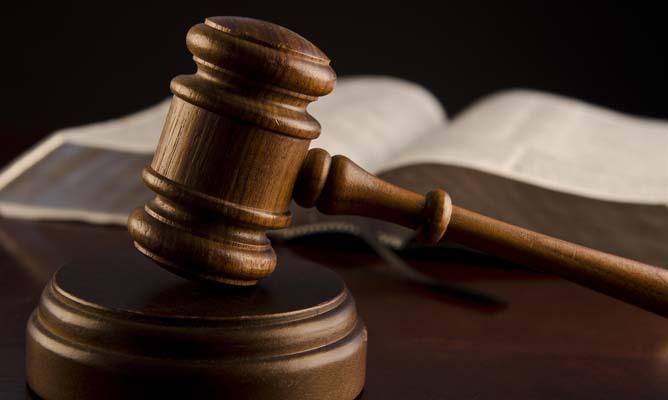Haffejee, a 26-year-old dentist, was found by a magistrate to have died by suicide by hanging less than 24 hours after his arrest.

Image: ANA file image.
“It’s been a history of sadness for this family.”
This is how a lawyer described a harrowing 42-year journey that the family of anti-apartheid activist Dr Hoosan Haffejee has had to walk to find answers about his death while in detention.
The case hit another setback this week when it emerged that Captain James Taylor, one of the Security Branch policemen who arrested and interrogated Haffejee at Brighton Beach police station in August 1977, died on Monday.
This was just days after Justice Minister Ronald Lamola had written to the judges president of the Gauteng and KwaZulu-Natal divisions of the High Court to ask them to appoint judges for the inquests into the deaths in detention of Haffejee and Dr Neil Aggett.
Attorney Anwar Jessop, who represents the family, told News24 that it was a very sad development.
“Unfortunately it’s quite a tragedy and travesty of justice. The family is disappointed that it has taken so many years to get to where we are now,” he said.
He added that those who were responsible for delays should have on their conscience that some people had now died and would never be questioned.
Haffejee’s parents died without knowing what exactly had happened to him, as well as his older brother, who had been quite vociferous about getting answers.
Haffejee had two surviving siblings, Ismail Haffejee, 76 years old and Sarah, in her seventies.
He also had cousins in Johannesburg and London.
“I spoke to the sister of Dr Haffejee this morning and she was so devastated by this, saying when will we ever get justice?” said Jessop.
‘We want to make sure we get the answers’
The lawyer indicated that they still wanted to proceed with the inquest.
“We want to make sure we get the answers to the questions we have asked for many years.”
Haffejee, a 26-year-old dentist, was found by a magistrate to have died by suicide by hanging less than 24 hours after his arrest.
He had about 60 wounds on his body, including his back, knees, arms and head.
Taylor and Captain PL du Toit denied that they had tortured him during interrogation, according to a Truth and Reconciliation Commission report.
Jessop said they were convinced that something untoward had happened and that he had not taken his own life.
He believed the Ahmed Timol case had opened up the doors of hope for other families in similar situations.
In 2016, the death of Timol, a teacher, 49 years ago was also re-investigated.
Jessop said it was important that citizens knew that people from all walks of life had fought hard for this democracy.
“I just believe if we can get this [inquest] done, it will give the family some solace and closure.”
For more news your way, download The Citizen’s app for iOS and Android.
Download our app